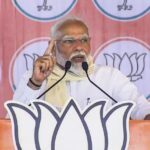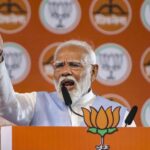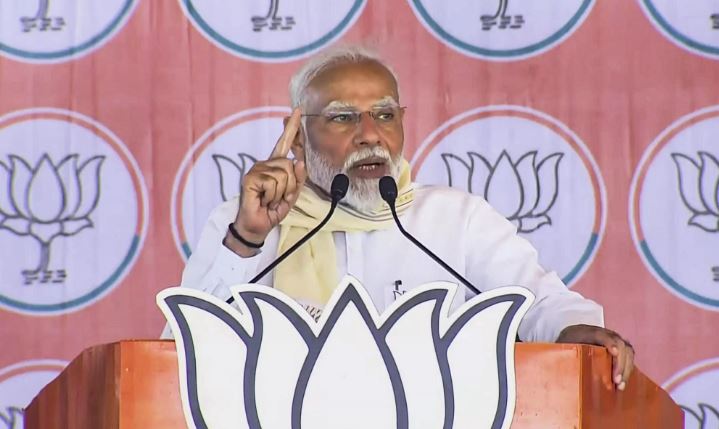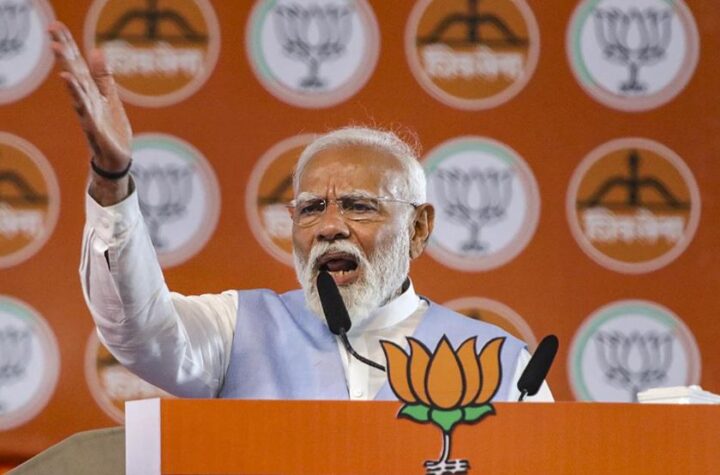The Centre has told the Supreme Court that COVID-
19 vaccination guidelines issued by the Union Health
Ministry do not envisage forcible vaccination without
obtaining the consent of an individual. In an affidavit
filed in the top court, the government also said that
although the ministry urged everyone to take COVID
vaccine jab, it never forced anyone to get “vaccinated
against their wishes”. Also, the Centre does not advise
making a vaccine certificate mandatory for any purpose.
The response was in the context of a petition seeking
exemptions for people with disabilities from having to
produce evidence that they had received doses. Indeed,
according to the rules, vaccine certificates are not
mandatory to qualify someone for access into any place,
but several states, such as Punjab and Haryana, have
made it a must for people to have at least one dose to
enter public places, and several others, including
Mumbai and Delhi, are considering similar directives.
The world over, vaccine mandates are seen as a tricky
area. World Health Organization (WHO) has said they
should be a “last resort” because they risk affecting
uptake, and could deepen socioeconomic inequality.
While forcing people to take vaccines against their will
defy principles of personal liberty, being un vaccinated
poses a significant risk to the larger public health.
Countries such as Austria, Ecuador and Indonesia see
the latter as a more pressing problem, making vaccines
mandatory for all adults. Others have taken a softer
line, making doses a must for discretionary, high-risk
activities such as going to a crowded indoor gathering.
Such rules exist in France, Scotland, Singapore, South
Korea and Switzerland, with France’s experience being
particularly successful. The benefit of widespread
vaccination is clear, and is the most stark in intensive
care unit (ICU) admission trend comparisons between
the United States (US), a country with high hesitancy
rates, and the United Kingdom (UK), a country with
widespread coverage: While the US’s ICU admission
rates have risen in step with its Omicron-induced Covid-
19 wave, the UK’s has been virtually flat. These
examples hold lessons for India.
The government will be well within its rights to
ensure public safety by making access to leisure and
discretionary activities, which are often indoor, as also
travel, contingent on vaccination. There should
certainly be riders and exemptions for people with
disabilities and health conditions. But these can be
balanced adequately. Vaccine mandates do not have
to be a binary choice and there is more India can do
to improve public safety without overreach.











More Stories
Low vision clinic inaugurated at AIIMS Bhubaneswar
Urban education programme comes in handy for Odisha’s tribal, dalit kids
Now country ‘aatank’ struggling for ‘aata’: PM